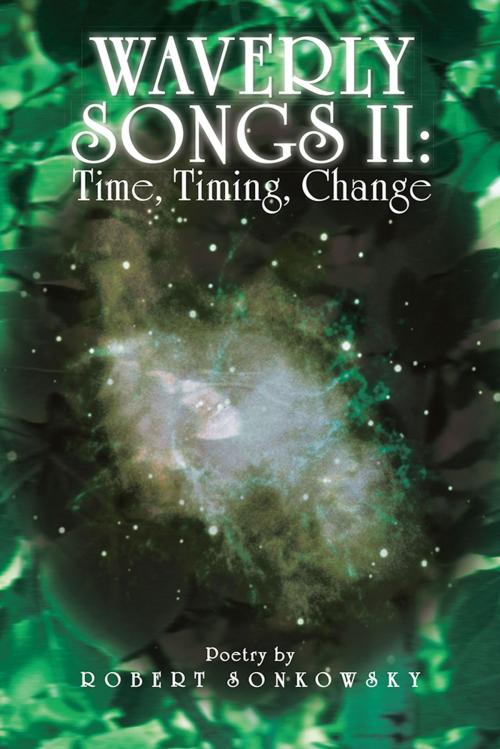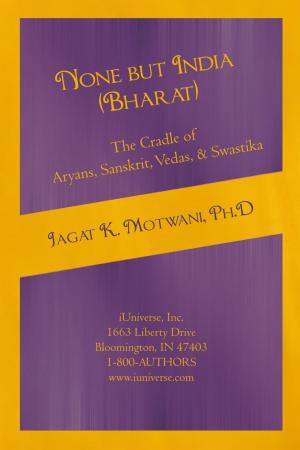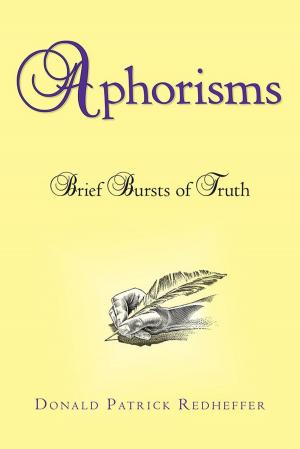Waverly Songs Ii: Time, Timing, Change
Poetry by Robert Sonkowsky
Fiction & Literature, Poetry, American| Author: | Robert Sonkowsky | ISBN: | 9781475995268 |
| Publisher: | iUniverse | Publication: | October 8, 2013 |
| Imprint: | iUniverse | Language: | English |
| Author: | Robert Sonkowsky |
| ISBN: | 9781475995268 |
| Publisher: | iUniverse |
| Publication: | October 8, 2013 |
| Imprint: | iUniverse |
| Language: | English |
As I have grown older, I have not necessarily grown wiser, at least not in brainpower, but I think my heart has grown more willing to communicate its thoughts to other hearts. In my first volume of Waverly Songs I explained that the word Waverly not only connotes the wonderful natural surroundings of Waverly Gardens, where I live with my wife, but also means wavering/quaking like the Quaking Aspen leaves on the cover and like me myself: my hands shake because of my mild familial tremor, and my general attitude and approach to life and to God shakes and quakes in ways that the poems in this second volume will develop. Its subtitle Time, Timing, Change is intended to indicate, oxymoronically enough, a broad focus that includes age and aging but goes far beyond that into a whole universe both mundane and spiritual: the intervals and rhythms of Time and his polar servants love and death, birth and re-birth, memory of the past and faith in the future. My poems are in various forms free verse, the sonnet, the villanelle etc.; I sometimes break the rules of form for our English adaptation of the Japanese Haiku and Tanka, in the orthodox version of which, rhyme is expressly forbidden, whereas I rhyme.
As I have grown older, I have not necessarily grown wiser, at least not in brainpower, but I think my heart has grown more willing to communicate its thoughts to other hearts. In my first volume of Waverly Songs I explained that the word Waverly not only connotes the wonderful natural surroundings of Waverly Gardens, where I live with my wife, but also means wavering/quaking like the Quaking Aspen leaves on the cover and like me myself: my hands shake because of my mild familial tremor, and my general attitude and approach to life and to God shakes and quakes in ways that the poems in this second volume will develop. Its subtitle Time, Timing, Change is intended to indicate, oxymoronically enough, a broad focus that includes age and aging but goes far beyond that into a whole universe both mundane and spiritual: the intervals and rhythms of Time and his polar servants love and death, birth and re-birth, memory of the past and faith in the future. My poems are in various forms free verse, the sonnet, the villanelle etc.; I sometimes break the rules of form for our English adaptation of the Japanese Haiku and Tanka, in the orthodox version of which, rhyme is expressly forbidden, whereas I rhyme.















